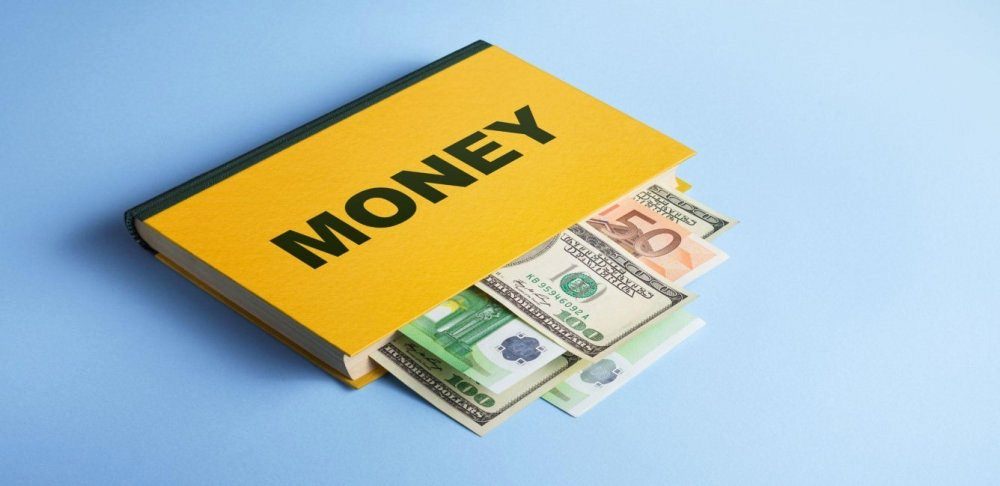Many people in their 20s live from paycheck to paycheck. They indulge in experiences like food and travel, so they can enjoy life to the fullest. Many are not yet aware of how to best handle their finances. Others don’t even have a goal in mind yet. Building wealth and preparing for their retirement is the least of their worries now.
But one thing we can’t deny is that the earlier you start planning about your future, the easier it will be to achieve this. Just like in investing, the earlier you start learning how to make money work for you, the better. The good news is, you don’t necessarily need to deprive yourself of the things that make you happy just to enjoy life and improve your future financial standing.
The trick to a brighter financial future is to adopt the right financial habits early on. Simply knowing what to do is not enough to set your future for success. What you need is to start financial planning and use the time to your advantage.
Here are three ways you can start boosting your financial standing in your 20s:
Have a Mindset of Abundance
What you believe in can influence your success in building wealth. The problem is that most people have a scarcity mindset. We only focus on the things that are lacking instead of what is abundant.
Most people live from one paycheck to another because they believe they can’t do anything about it. Even those with a big enough income believe what they take home each month is barely enough for their needs. But most of the time, your thoughts will manifest in your actions.
With a mindset of abundance, it is easier to think you have more than enough income to meet your needs and save money. Remember that this demands financial goal setting, positive thinking, and enough control.
For instance, one of your goals is to buy a house before you turn 30. It pays to search for the requirements needed to get approved for mortgages. This way, you know exactly what to know and how much money you need to save for the purchase.
Now that you know what you will need, you can start saving for the down payment each month. You will start building a good credit score and be more responsible with your spending habits. With a goal in mind, it is easier to focus on saving instead of spending money on things that you don’t really need and won’t help you achieve your home purchase.
Only Use Your Credit Card for Purchases You Can Afford
Now that you own a credit card or two, think twice before swiping. One way to build good credit is to pay your dues on time. You can avoid high interest fees by paying for the full amount due each month.
Only use your credit card for necessities. If you intend to use it for other purposes, make sure you have enough cash on hand to pay your provider asap. Think of your card as a debit card and it will be easier to only swipe what you can afford.
Never let anyone else use your card. The only exemption is if your friend will pay you for their purchases before you swipe your card. Ensuring you get paid back before you even use your card is the best way to go.
Imagine having dinner with friends and you chose to split the check. You can offer to handle the bill using your card only if they pay you right then and there for their share. Once you gathered their payment, you can use your card, pay it off asap, and enjoy cashback.

Embrace the Japanese Budgeting Method
Kakeibo is a budgeting method used by the Japanese. The term translates to “household financial ledger” and is a type of budgeting credited to Hani Makoto. This is perfect for first-time savers, reluctant or inconsistent budgeters, and envelope budgeters.
In Kakeibo, you will need to determine how much money you have, the amount of cash you like to save, how much you are spending, and how you can improve. These will help you change how you approach budgeting.
You also need to categorize your spending into four groups: needs, wants, cultures, and unexpected. Your needs are your essentials. Your wants are your enjoyable but unnecessary purchases.
Culture refers to your budget for cultural activities like streaming services, books, or concert tickets. Unexpected is for your emergency costs. These can include your expenses if ever your car broke down, you have unexpected medical bills, or your home needs maintenance and repair.
Financial goal setting, smart budgeting, and an efficient credit card are the best ways to kick start a healthier financial future. You can do this by adopting a mindset of abundance first. The earlier you start thinking about your financial future, the more motivated you will be to start practicing responsible financial habits. What better age to start than in your early 20s or younger?





